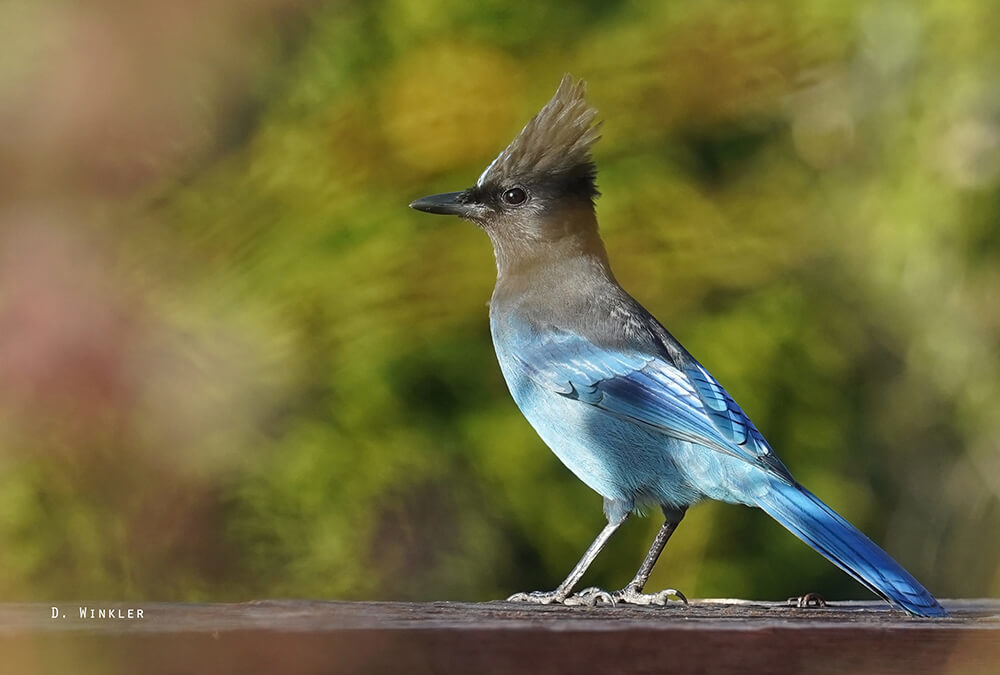Bird watching, also known as birding, has become one of the fastest growing hobbies in North America. About 50 million Americans plan an outing to observe wild birds every year. You may ask why has birding become so popular:
- It is an inexpensive hobby – investing in fancy digital cameras aside.
- It is convenient – you can bird watch in your backyard or a local park.
- You get to spend time outside.
- It is interesting and challenging.
- It is relaxing. The concentration and focus are calming.
- You meet interesting people.
- It keeps you ‘in the moment’.
- It involves you in conservation and nature.
- It will make you happy.
You may be rewarded in more ways than you might know just by observing and spending time with our feathered friends. Some benefits may include:
Cardiovascular Health: Birders may walk or hike many miles over different terrains in search of a particular bird or species. Or, they may go out for a leisurely walk into nature to see what birds are showing up, or simply to visit year-round regulars. Long walks will help you stay fit and might even improve sleep quality.
Mental Alertness: While birding can be meditative it can also require your brain to operate on many different levels at the same time. For example, if you love photographing birds, you’ll need to pick up on clues that a bird might be nearby. A bird may appear and fly away in seconds. Or, you may be focusing on another bird, and suddenly a different bird appears and you then need to quickly decide which bird to snap a picture of.
Increased Upper Arm Strength: If you are carrying a big pair of binoculars or camera with a telephoto lens, your arms are likely getting a workout. Over time, you may notice that your arms are buffing up and getting stronger than they were before getting into birding. However, you should not to over-do it, and get the best supportive equipment you can if you are carrying heavy gear. There are many gear and accessories options available that will help take pressure off your shoulders and neck. Sometimes the best solution is to use a mono-pod or tripod, or a smaller pair of binoculars.
Learned Patience: If you want instant gratification birding may not be for you. Sometimes it can take quite a while if you are hoping to find a particular bird, or waiting for one to arrive. Plenty of situations in the real world call for us to be patient, and bird watchers, or people who have learned patience, are better equipped to cope with these circumstances.
Freedom to Contemplate: Bird watching is a great opportunity just to zone out and not think about the day to day stresses. It can also allow you open space to self-reflect, and think about your life’s priorities and passions. Leaving stress behind, even for just a little while, can improve your mood and level of energy.
Last but not least, remember the most important thing about birding are the birds themselves. Please have complete respect for the birds and their habitats. Never do anything to disrupt or scare them and keep their habitats clean.
If you’re just getting started with birding, consider getting a bird identification book or download an app like Cornell University’s Merlin Bird ID or Audubon Bird Guide. You can find birding groups in your area by visiting the American Birding Association. Consult with your doctor before embarking on physical exercise.

